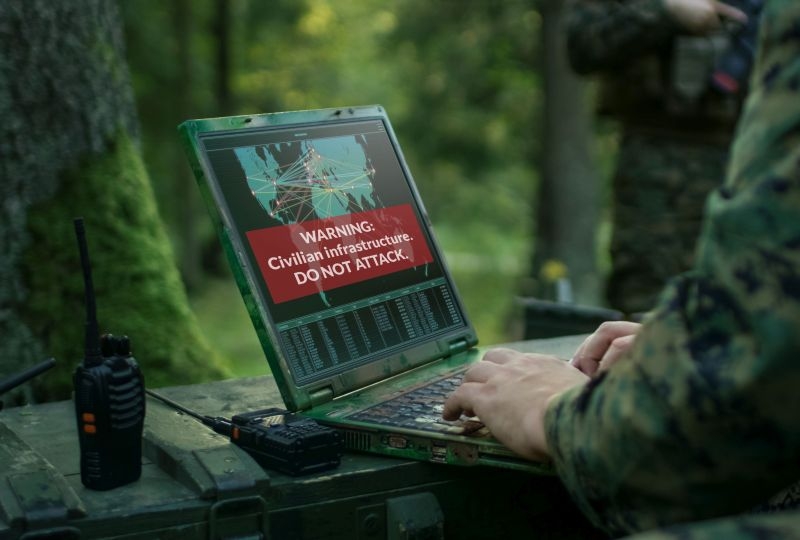In her winning essay, Digital Safe Havens: Sheltering Civilians From Military Cyber Operations, Isabelle Peart brings forward novel suggestions on how to reduce the risk of harm to civilians posed by military cyber operations.
The author, who pursues a Bachelor of Economics/Laws Degree at the University of Queensland in Australia, demonstrated a clear understanding of international humanitarian law, adapted the little-known concept of demilitarized zones to the cyber context, and – on that basis – made a compelling argument for the establishment of international digital safe havens.
This paper will be published in the ICRC Humanitarian Law & Policy Blog this summer, as part of a series on avoiding civilian harm during military cyber operations.
Tatjana Grote from the University of Leipzig arrived second, and the third place is shared by Ju Zhao from the George Washington University and Zahbea Zahra from the Kinnaird College for Women in Pakistan.
‘Even though a competition can only have one winner, I would like to congratulate all participants who took the time and effort to do research and share with us their thoughts on this important subject. At the ICRC, we hope they will maintain their interest in this important field as they continue their studies and beyond. We have learned a lot from the creative and innovative ideas expressed by the students and I am sure many of them will inspire our work in the future’ says Laurent Gisel, co-chair of the international expert jury and Head of the Arms and Conduct of Hostilities Unit at the ICRC.








